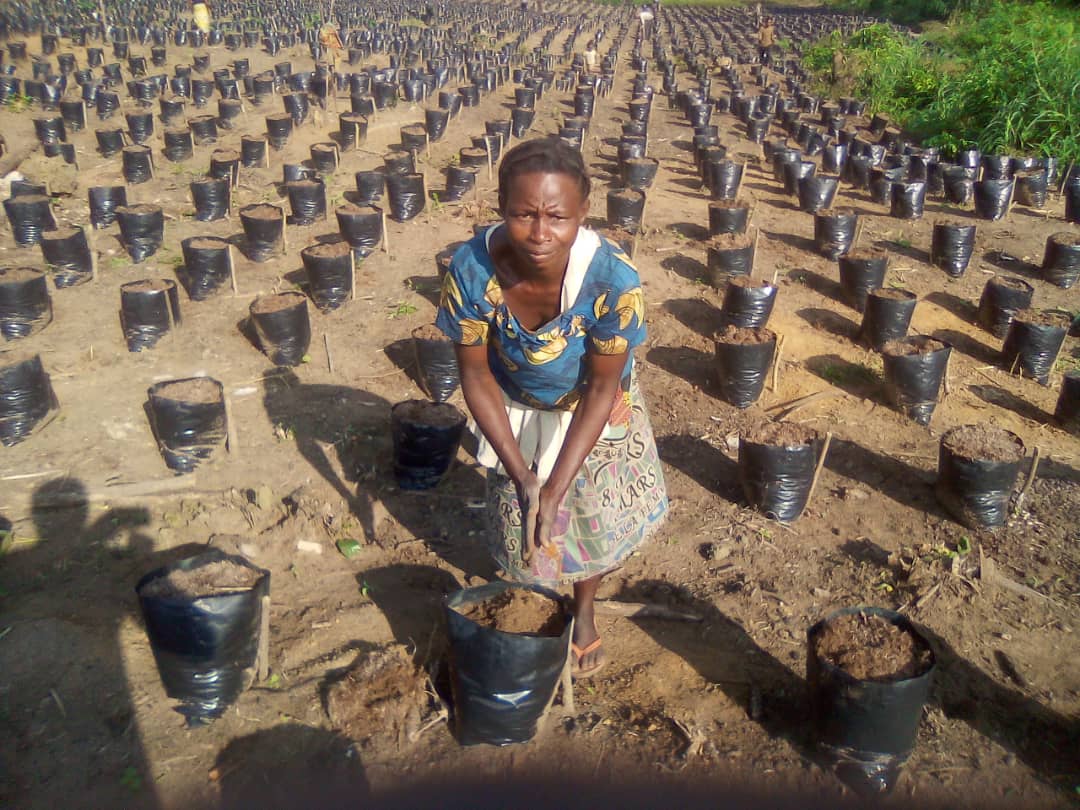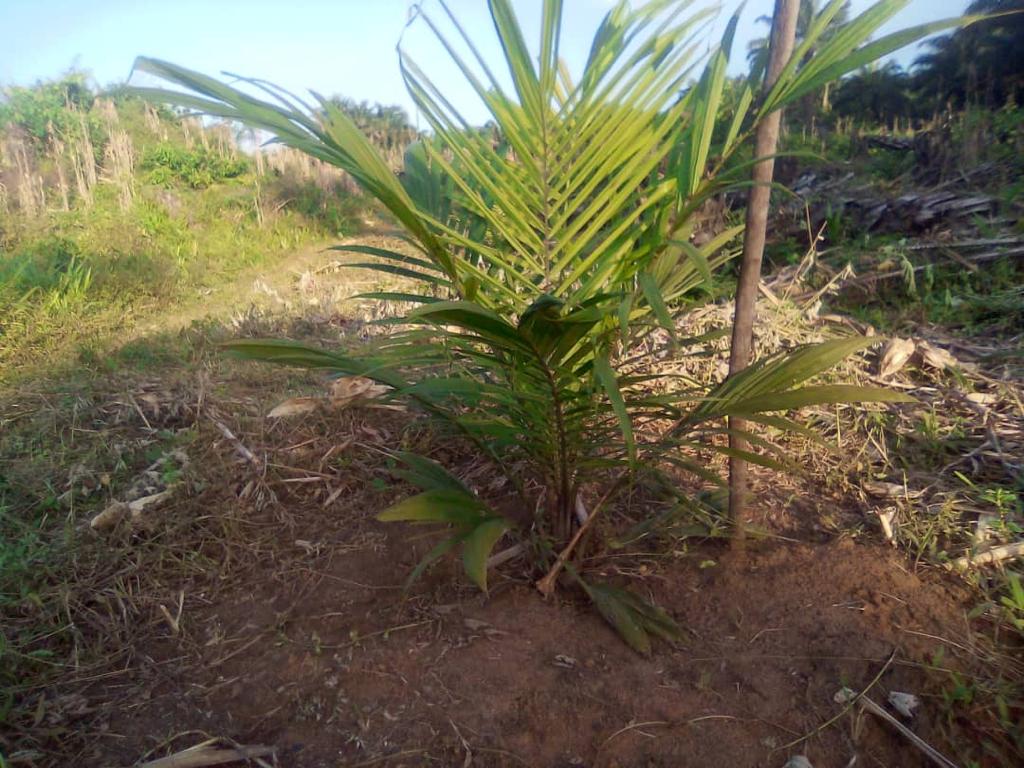This process requires dedication and a complete change in a society’s outlook. Can hard work effectively lead to social progress?
Here we consider employment in Basankusu, the remnant of he notorious Belgian’s ABIR Concession. From its conception as a rubber outpost in upper Congo managed by the Catholic and Protestant missionaries to it current state.
Brief economic history
As King Leopold the second venture for Congo started paying dividend, many European businesses jumped into action to make profit. With free labour on offer, profit was assured at more than 100 percent of the initial investment.
Every inhabitant of this land was a property of Abir and was forced to work for free in the rubber extraction activities. Severe punishment followed those who resisted ABIR’s orders. Their hard work was robbed from them and profit given to their oppressors.
The protestant missionaries denounced the forced labour practices and started campaign in the United Kingdom to stop King Leopold and its cronies. This caused a stir to Abir endeavour. As resentment and civil movement grew in the United Kingdom, King Leopold enlisted the Catholic Missionaries to work as Abir protectors. Effectively keeping people under oppression by the use of the Bible.

This had a extremely negative psychological impact to people as far as work and remuneration are concerned. Why work if you can’t get paid?
Economic impact
At the core of Basankusu society, initially; the concept of work as an exchange of service was non existent for almost a century. It arose gradually as Colonials came under intense pressure to stop forced labour practices.
The Colonials did not let go of these practices easily. Forced labour was replaced by a system called “Ration”: instead of working for free, one was given fish, salt, palm oil and clothes in exchange to the hard work they did.
A little progress, however these endemic practices still linger around these days in this part of the world and are reflected in employee working for months or even a year without being paid.
This lead to a very negative economic outlook where individuals are not motivated to produce nor work hard since their work and effort is stolen by their employer.
Motivation for change
The psychological trauma introduced by forced labour is what we want to change. As a family project and all of us growing up in colonial palm oil plantations, we have come to the realisation that these practices yield to zero economic prospect for the locals, no social mobility and need to be stopped.

We strive to be an alternative source of employment, a source that is fair, part of the people and for the people. We will use the land of our ancestors to start a palm tree plantation that will effectively yield employment.
What we offer
Since we started our plantations project in 2020, we have become the main employer for the people of Lolungu, Boyela, Wala and the surrounding villages. We aim to treat our employees fairly and ensure that they earn enough to send their children to school while striving to improve their chance to social mobility.
2022 end of year challenges
As we celebrate the end of our 2022 planting campaign, we anticipate many challenges ahead of us. We intend to expand our plantations and diversify to Soy and Sun flower oil production.
We also hope to change our operational strategy from quantifying our production progress on a yearly basis to quarterly basis.
Transport remains our main challenge and we aim to get it resolved as soon as possible.
If you have read to this point, I will like to take this opportunity to invite you to register as a member of Lingofe project in order to receive our quarterly newsletter and many more.

